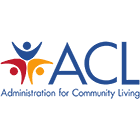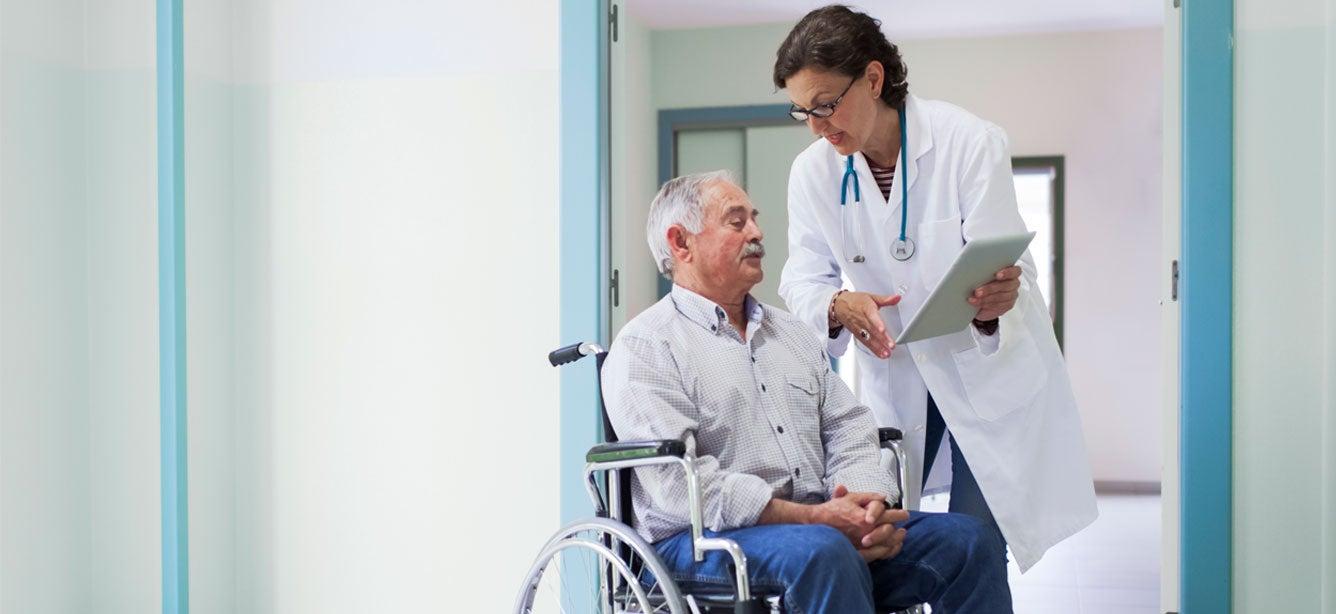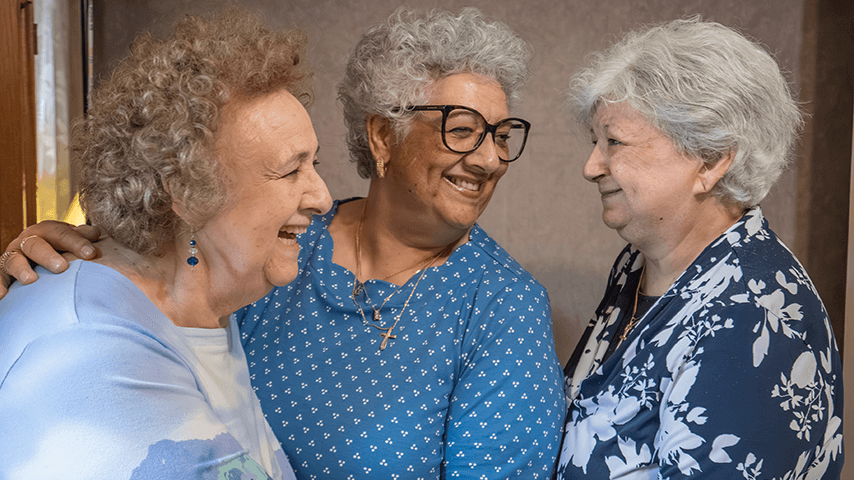Benefits Access
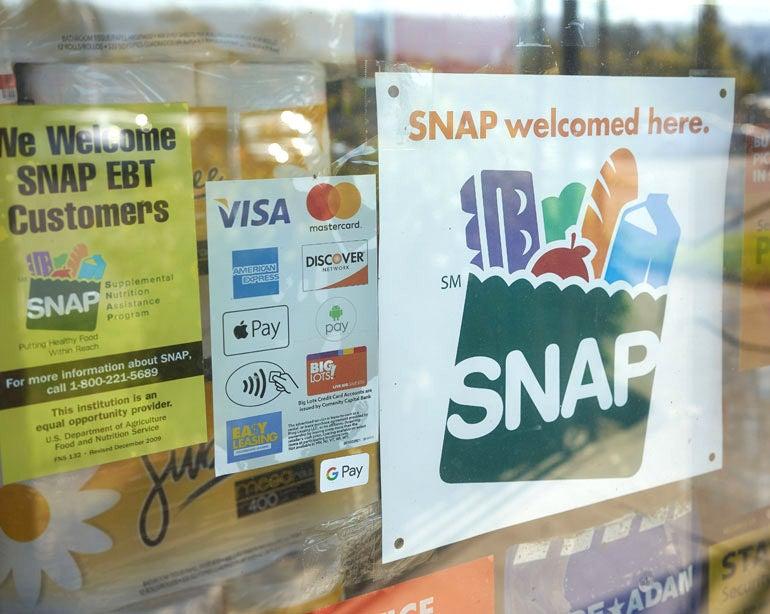
How NCOA Helps Older Adults Find and Enroll in Benefits
The Center for Economic Well-Being
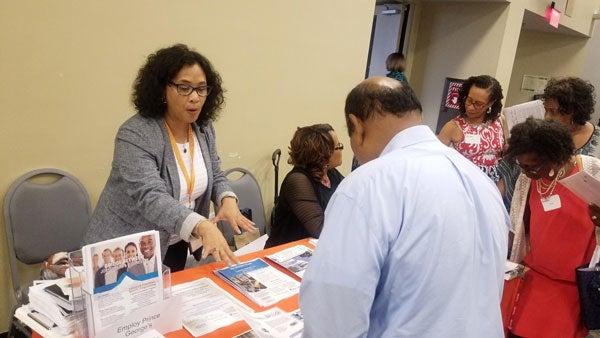
MIPPA Resource Center

SNAP Enrollment Initiative
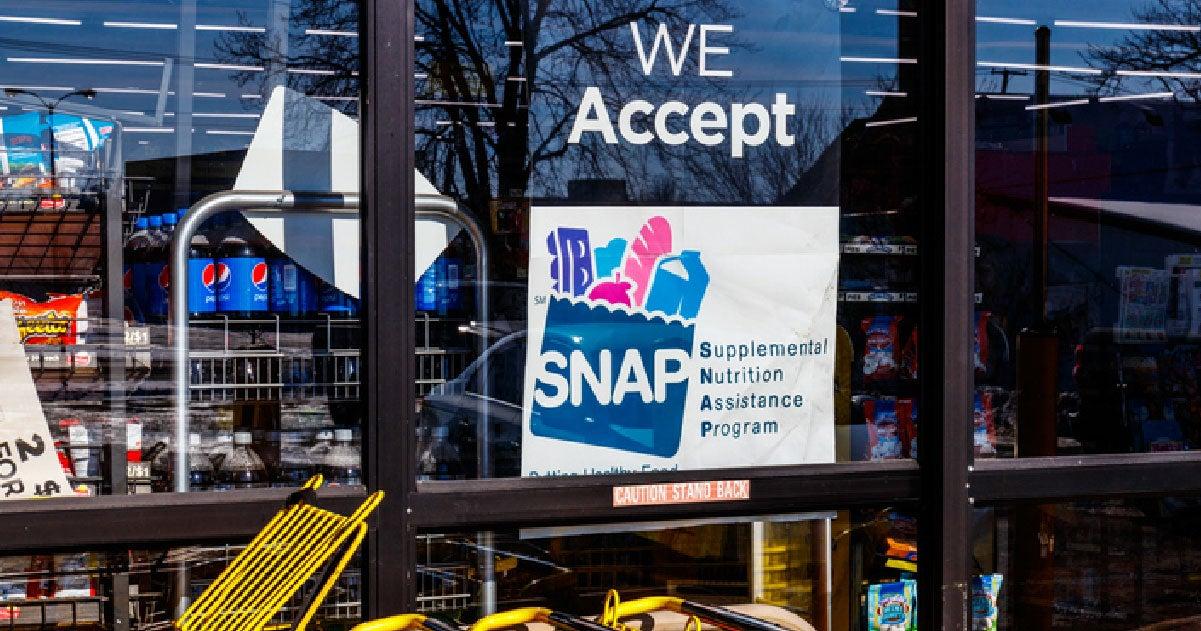
Benefits Enrollment Centers
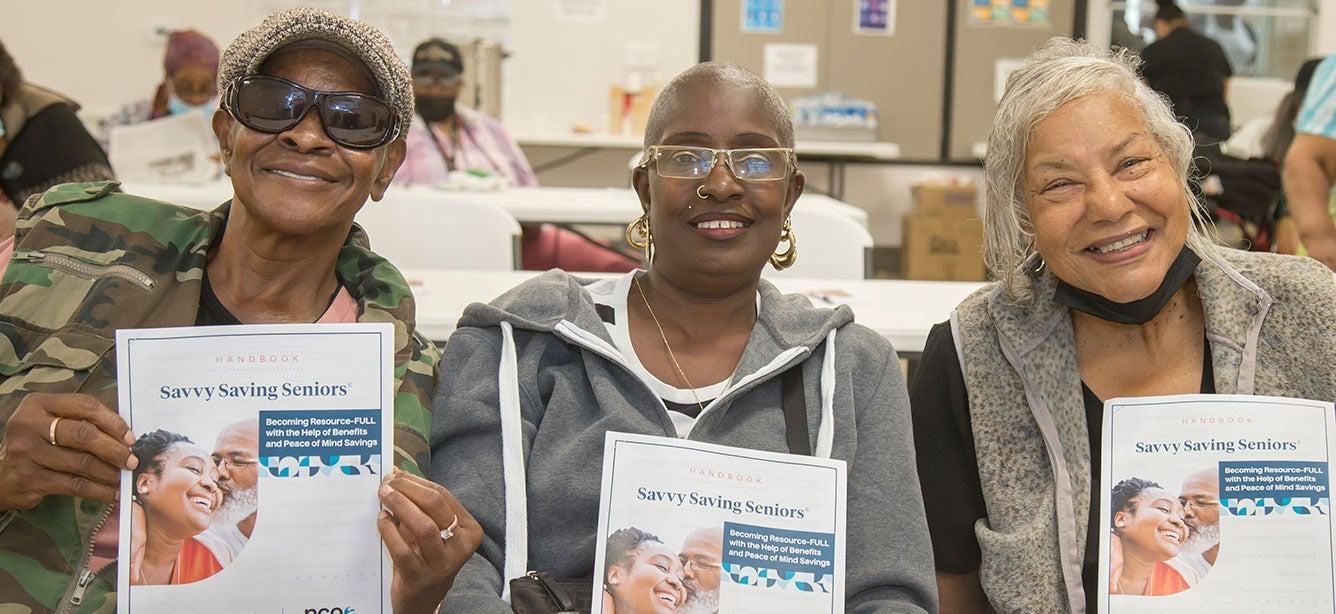
BenefitsCheckUp®
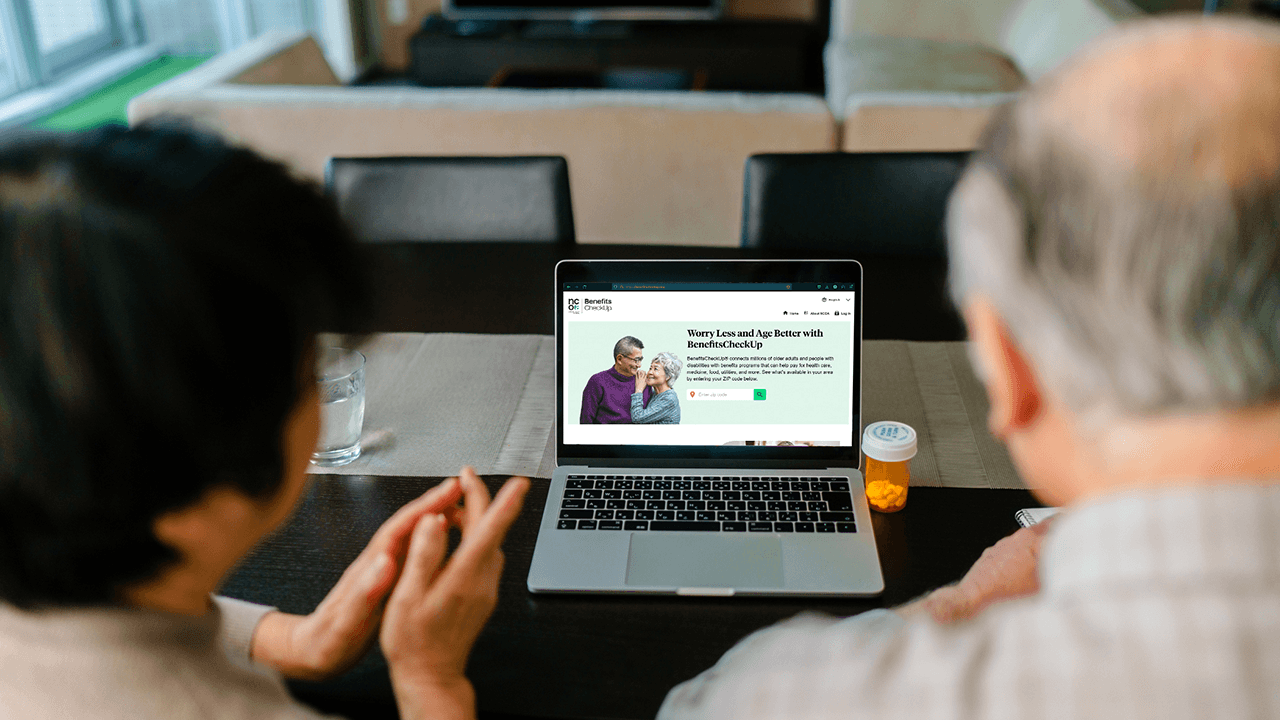
Boost Your Budget® Week
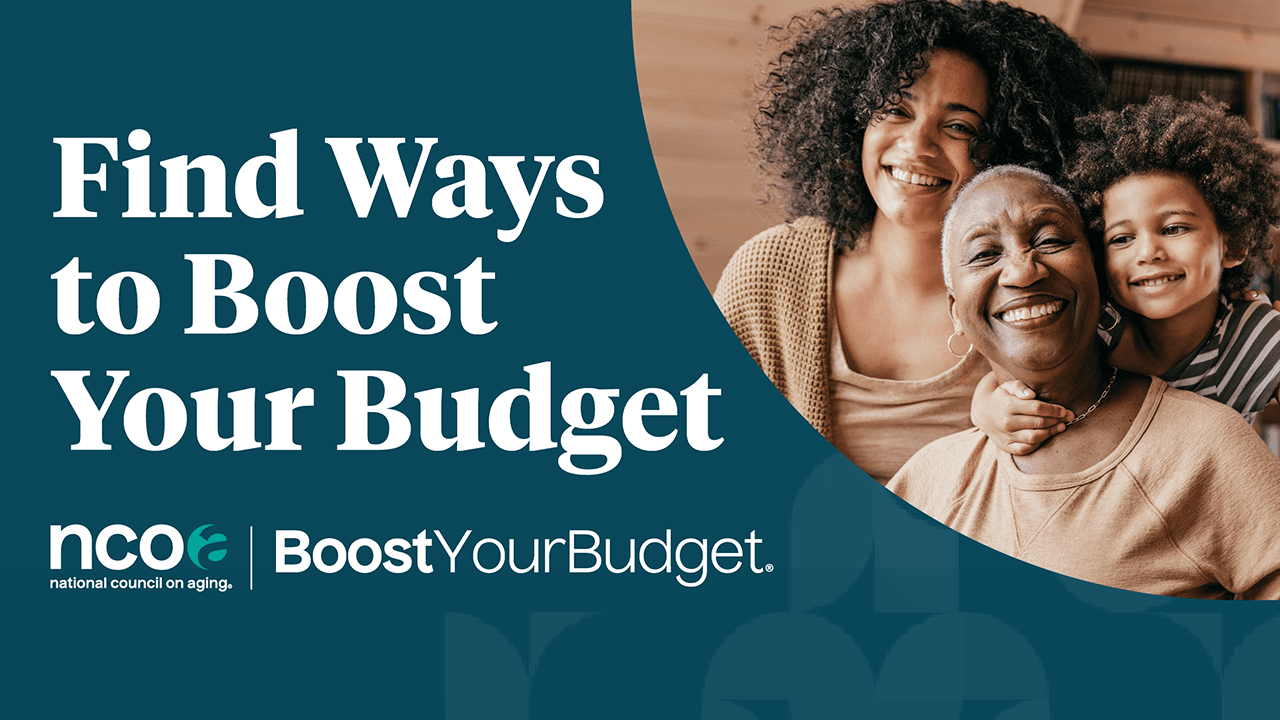
Financial assistance is available—but $30 billion goes unclaimed each year
NCOA is committed to helping all older adults understand the financial programs and supports available to them. According to NCOA’s research, there are major barriers to benefits program participation. In fact, people who qualify for assistance programs but are not enrolled leave $30 billion in benefits on the table annually.
The key to overcoming these obstacles is working collectively to provide proactive, targeted outreach. This outreach can happen within the community—from health care providers, area agencies on aging, religious organizations, and others.
How NCOA supports benefits access for older adults nationwide
Through the coordinated efforts conducted by our Center for Economic Well-Being, NCOA helps older adults find and enroll into benefits programs and connects them to tools and education to improve their finances.
Explore our resources below and learn more about the Center for Economic Well-Beings's work, the main benefits programs we focus on, and our national network of community-based organizations that work to achieve this mission in their communities.
Benefits Programs: Enrollment & Eligibility 101
There are several core benefits that can help people with low income afford the basic costs of living. Our Benefits 101 slide decks can be downloaded and tailored for your use in your community.
NCOA Partners in Benefits Access
The Latest in Benefits Access
Understanding Benefits Participation in Your Area
NCOA's new tool shows participation rates for older adults enrolled in the Supplemental Nutrition Assistance Program (SNAP), Medicare Savings Programs (MSP), and Supplemental Security Income (SSI). Get started by selecting specific areas to see how they compare to national and state averages.

